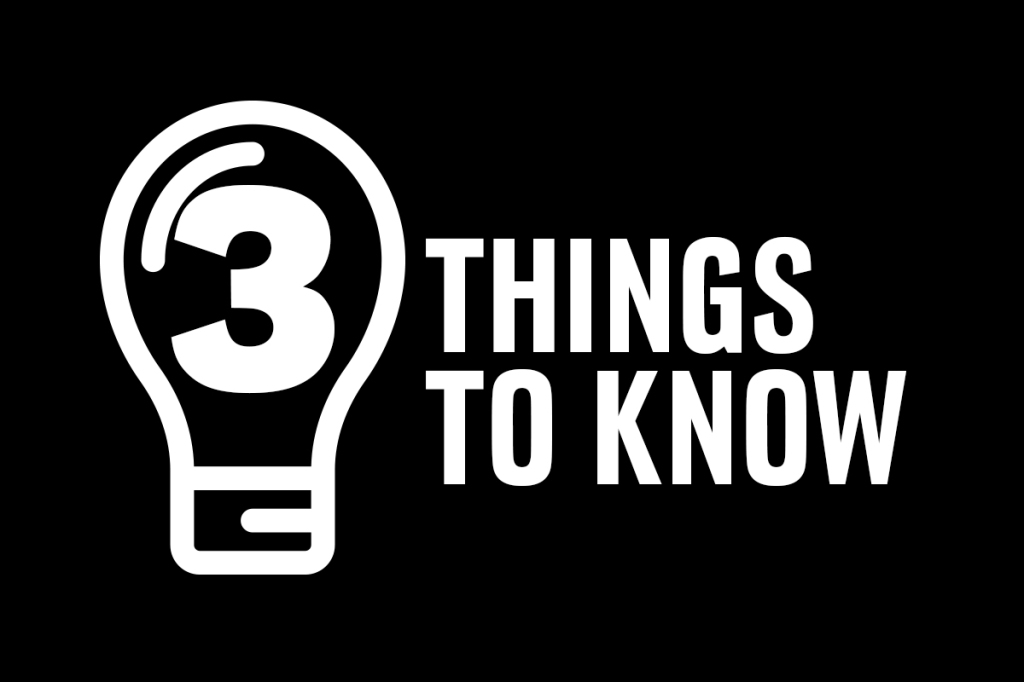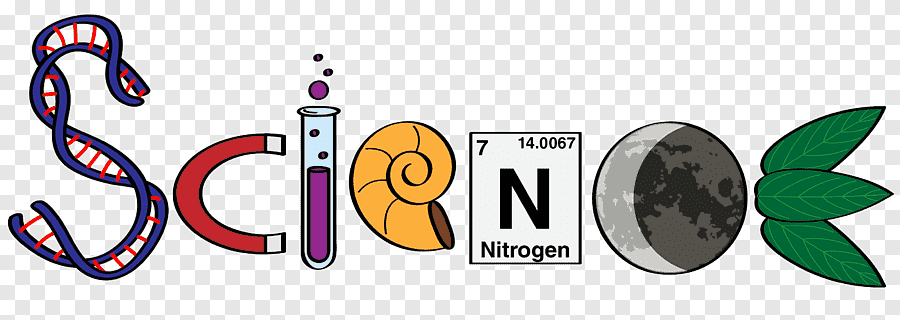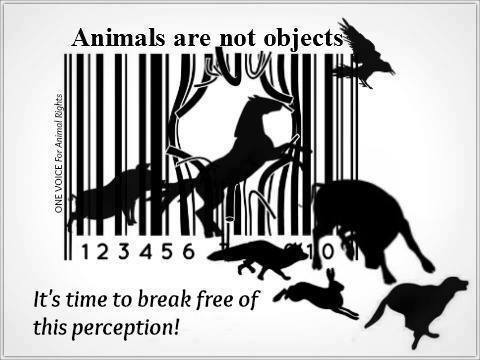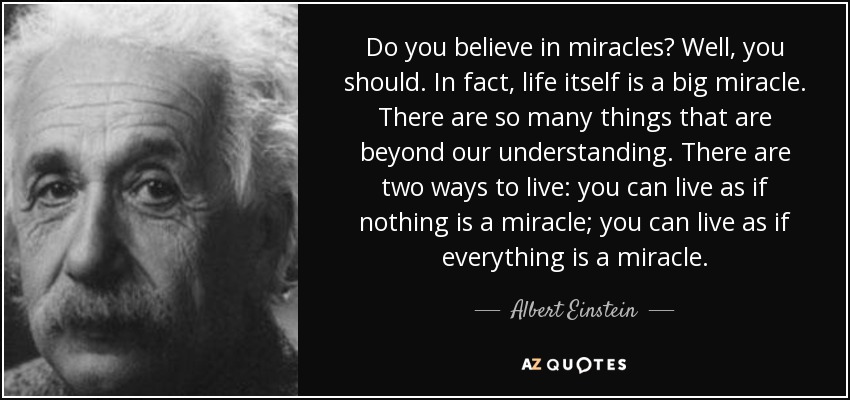
I love science and have tremendous respect for scientific inquiry. I have studied science. I know a few scientists, and I generally like them. However, I know a few things about science, and scientists, that more people need to know, especially now. So today, I offer you a few really important things you need to know about science and scientists.

1. Scientists know almost everything about physics, and almost nothing about life. That’s why physicists can build a reliable nuclear weapon but doctors can’t cure the common cold. Objective science works well for calculating the trajectories and velocities of objects in space and time. Organisms, however, are not objects, and so objective science is completely inadequate for studying them.

Most scientists don’t know this, but it is true. Sadly, many scientists, especially in the US continue to study human beings as though we were objects, or piles of objects called atoms. This has led to a medical system that dehumanizes and objectifies us more effectively than it treats disease or promotes health. It also means that there’s a hell of a lot that doctors don’t know. One thing doctors do know, however, is how to talk down to you in such a way that you won’t question their bullshit.

Physicists know how to blow shit up, and they don’t argue about it. Physicians, on the other hand, barely know what they are looking at, and there’s a lot of disagreement among them about practically everything. Doctors don’t like to let on that they really don’t know what they are doing, so they formed the American Medical Association in order to put up a consistent front that makes it look like they have everything figured out and know what to do in every situation. They do this so that people will trust them, and unfortunately, it works entirely too well. The AMA works very hard to quell dissent within its ranks, and banishes doctors who refuse to tow the party line, but renegade doctors persist, and many of them have better success treating patients than doctors who follow AMA guidelines.

2. Almost everything we know about science, we learned from the pursuit of war. We learned physics in the development of ever more lethal weapons, and we learned medicine from patching up the survivors. Today our weapons kill people far more effectively than our doctors cure disease, and much of the advance in modern medicine has been in improving survival rates of people who suffer the kinds of traumatic injury that only technology can inflict.

3. Plebes worship “Science,” while scientists worship money. You can’t do science without money, and finding money to do science isn’t easy. Unless somebody thinks they can make a lot of money on it, or the military thinks they can kill people with it, you are probably going to have a hard time finding money to study it. On the other hand, if you don’t really care what you work on, as long as it pays well, your opportunities as a scientist multiply. Scientists spend a lot on their education, and they expect to be rewarded for that, so many scientists look for the higher paying jobs.

That’s why, when you need a scientist to do something really terrible, like design a nuclear weapon that kills all of the people in a city, but leaves the buildings standing, or turn a minor statistical anomaly into a smoke-screen argument against global warming, or bio-engineer a bat corona-virus so that it infects humans, you can always find a meek and obedient scientist who is happy to do it for you so long as you have the money.

Plebes, on the other hand, have disavowed the creation myth of their Judaeo-Christian heritage in favor of an even bigger pile of bullshit called the Big Bang Theory, and they now embrace “Science” the great spirit from whom all new technology flows, as a religion. They traded the clerical collar for the white lab-coat of scientific authority. Now they believe anything the doctor tells them, just like they used to believe the priest, and of course they take their vaccines as a sacrament to their faith in “Science.” I hope they’ve at least learned not to leave their kids alone with a scientist either.

People have always believed a lot of stupid stuff. As I’ve so eloquently said before, “Stupid and wrong is the natural human condition, and it has never stopped us before.” That said, the human body is smarter than science can comprehend, and its natural tendency to heal, especially when supported by good nutrition, proper exercise and a non-toxic environment, tends to make doctors look good, if they can somehow take credit for it, but the miracle is you, not the medicine, and your body knows more than your doctor.

That’s why you should be very careful about messing with that miracle, or trusting “Science.” Science is not some noble pursuit of the truth. Science is about warfare, money, power and greed, and any scraps of truth that emerge from it are purely coincidental. Science is a tool of exploitation and control. In fact, psychologists are studying you right now, and the people paying those psychologists intend to use the knowledge they gain to control and exploit you. That’s what you need to know about science.





























































































This in regards to your essay You Don’t Have to Call It God: I’ve been a searcher all my life, read Relatively for the millions at around 11 but I was never able to do the math but I came to understand the principles.
Looked for god in LSD ,weed ..got closer
The strange thing is that recently I’ve been having some health problems, the kind you know will be the end ..ya just know, the odd part is that answers have been just showing up, I happened to watch a documentary DMT the spirit molecule And your essay, and all of it is coming into clarity.
That all of us and everything ever,was and forever well be One.
And it is simplicity and perfection and oneness and ..Self ?
Although there is still the problem how this thing came into existence. Something can’t spontaneously exist from nothing.
Could be we are just one of many beautiful shinning entities.
Oddly I’ve come to not care.
To conclude though, there were many things that lead me to the conclusions I’ve come to, but I have to say your essay just about puts the dot at the end…….